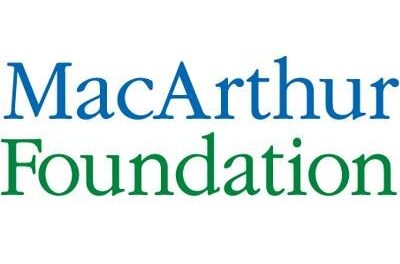 The recent global financial crisis highlighted the urgent need for financial sector reform. The abuse and under-regulation of the banking system has caused a prolonged period of stagnation affecting many lives across the world.
The recent global financial crisis highlighted the urgent need for financial sector reform. The abuse and under-regulation of the banking system has caused a prolonged period of stagnation affecting many lives across the world.
Reform of the banking system is just one of the areas examined in this report. A second area is the reform of global financial flows which includes payments to governments by extractive and other industries, illicit money transfers and flows of funds into tax havens. The third and final area explored is reform of the financing of international development including debt relief, World Bank financial instuments and private investment.
In all three areas of financial reform, there are extreme disparities in the resources of those favoring reform and industry and government parties that thrive on opacity.
Across the globe, hundreds of non-governmental organisations (NGOs) work on different aspects of financial reform to reduce corruption and address other gaps in accountability. Whilst there is a stronger presence in areas dealing with development, debt and tax issues, capacity is weaker in other areas such as reform of the financial system itself.
Using case studies of reform campaigns and strategies from across the world, this paper identifies promising areas for new initiatives to promote transparency across the three different realms of financial reform. The recommendations suggest policy initiatives that pursue greater accountability and substantive reform. It also suggests initiatives to increase civil society capacity and resources and promote more effective civil society coalitions.


